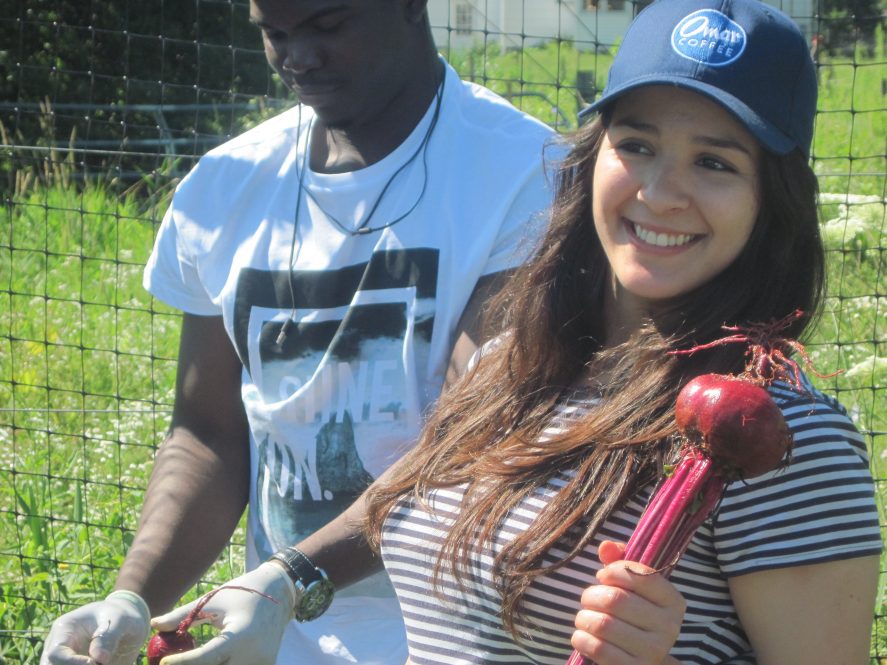Biotechnology, such as gene editing, has revolutionized the agricultural industry.
These technologies have the potential to benefit human medicine, animal welfare, food security, agricultural production, and the environment by making agricultural products more resilient, nutritious, and sustainable.
The widespread implementation of these technologies, however, has been hampered by public misunderstanding of what gene editing is, despite decades of scientific research showing the benefits and safety of gene editing.
In 2019, according to a study by the Pew Research Center, approximately half of the U.S. adult population believed genetically modified foods, the product of gene editing, were bad for their health. This was a 12% increase from 2016.
This lack of understanding may also be to blame for why relatively few young people want to pursue biotechnology in STEM careers.
Funded by a $750,000 grant, a new collaborative effort led by Jennifer Cushman, co-center coordinator, co-state 4-H program leader and 4-H youth development associate extension educator in the College of Agriculture, Health, and Natural Resources (CAHNR), will develop an extension and educational effort to teach Connecticut area youth about biotechnology in agriculture and potential career paths in the field through 4-H youth development programs.
Cindy Tian, professor and interim department head of animal science; Stacey Stearns, extension program specialist; Sharon Gray, associate extension educator; and Cristina Connolly, assistant professor of agriculture and resource economics, are co-project directors along with Barbara Chamberlin, Matheus Cezarotto and Pamela Martinez from the New Mexico State University Learning Games Lab.
The researchers conducted a statewide study of Connecticut youth where they identified a lack of awareness about potential careers in biotechnology, which they hope to address through this project.
“There is a clear need to provide all audiences, including underrepresented populations, with science-based information, mentorship, and research experiences to promote STEM careers,” the researchers say.
The grant will create 4-H clubs focused on teaching teen members about biotechnology and encouraging them to pursue it as a career. Cohorts of 4-H youth will work with the UConn and NMSU teams to learn about biotechnology and create games about biotechnology careers.
The outreach effort will target high school-aged youth already in 4-H youth development programs in Connecticut and the surrounding area. The researchers will prioritize working with communities currently underrepresented in STEM fields.
The project will provide participants and their families with informal education in food and agricultural sciences, teaching them about potential careers in biotechnology, including gene editing.
Using a game-based learning approach, participants will learn about the safe use of biotechnology for agriculture and career opportunities in this field. The UConn team is partnering with the New Mexico State University Learning Games Lab to develop these educational games, and the youth will be involved throughout the process.
Participants will develop outreach materials to communicate science-based information about biotechnology to their peers and adult audiences. This effort will help build public trust in these methods. A multimedia dissemination approach will make use of diverse tools such as YouTube, social media, a website, seminars, and workshops.
Beyond the scope of this individual grant period, the research team looks to establish a sustained biotechnology education and career skills program model for 4-H clubs to adopt on their own.
“Dissemination of outreach materials and project evaluation, through our collaborators, will allow us to provide accurate scientific information to empower youth in their daily life and in pursuing biotechnology careers in STEM, while educating the public nationwide,” the researchers say.
The $750,000 grant is funded by the National Institute of Food and Agriculture. This work is supported by Food and Agricultural Non-Formal Education grant no. 2022-68018-36094 from the USDA National Institute of Food and Agriculture.



